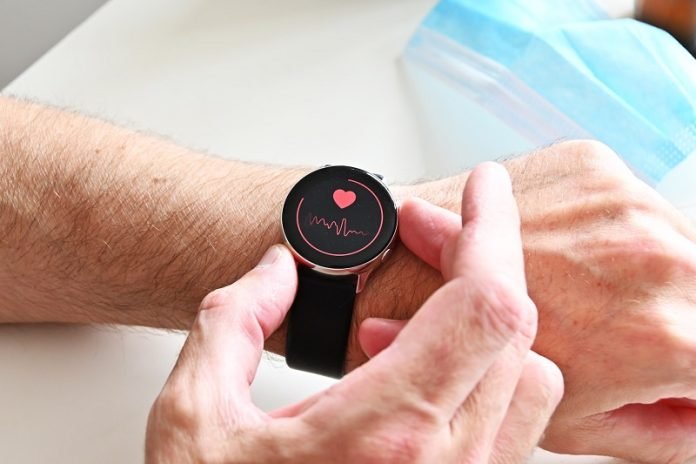
In a new study, scientists found COVID-19 infection is linked to a subsequent heightened risk of poor cardiovascular health and death, particularly among those whose infection is severe enough to require hospital admission.
They found the risk, which is independent of known contributory factors, is greatest within the first 30 days of infection but remains heightened for some time afterward.
Recent research suggests that people who have had COVID-19 infection are at heightened risk of subsequent cardiovascular problems.
In the study, researchers drew on 53,613 UK Biobank participants 17,871 of whom were diagnosed with COVID-19 infection, and 35,742 of whom weren’t.
The UK Biobank tracks the health and survival of its participants.
The team found in the 17,871 COVID-19 cases, 2,701 required hospital admission for their infection; 866 were admitted to the hospital for another condition, and 14,304 didn’t need hospital treatment.
Compared with people who hadn’t caught the virus, those who didn’t require hospital admission for COVID-19 infection were nearly 3 times as likely to have a blood clot in a vein (VTE) and more than 10 times as likely to die of any cause.
But those admitted to the hospital because of COVID-19 had higher risks of many health problems.
They were more than 27 times as likely to develop blood clots, more than 21.5 times as likely to be diagnosed with heart failure, and 17.5 times as likely to have a stroke.
And their risk of a newly diagnosed irregular heartbeat was nearly 15 times higher, that of heart inflammation nearly 14 times higher, and that of a heart attack nearly 10 times as high.
The risks of all the outcomes measured among those admitted to hospitals for other reasons but who had COVID-19 were also higher than those of people who hadn’t caught the virus.
Unsurprisingly, deaths were higher among people with COVID-19 infection: Those admitted with the virus as a primary reason were 118 times as likely to die as those who didn’t need hospital treatment, while those for whom COVID-19 was a secondary diagnosis were 64 times as likely to die.
The team says the long-term sequelae of past COVID-19 exposure is emerging as a dominant public health concern.
The findings highlight the increased cardiovascular risk of individuals with past infection, which are likely to be greater in countries with limited access to vaccination and thus greater population exposure to COVID-19.
If you care about COVID, please read studies about vitamin D deficiency linked to severe COVID-19 and death, and why diabetes is a big risk factor for severe COVID-19.
If you care about heart health, please read studies about the best time to take vitamins to prevent heart disease, and how drinking milk affects the risks of heart disease and cancer.
The study was published in the journal Heart.
Copyright © 2022 Knowridge Science Report. All rights reserved.



